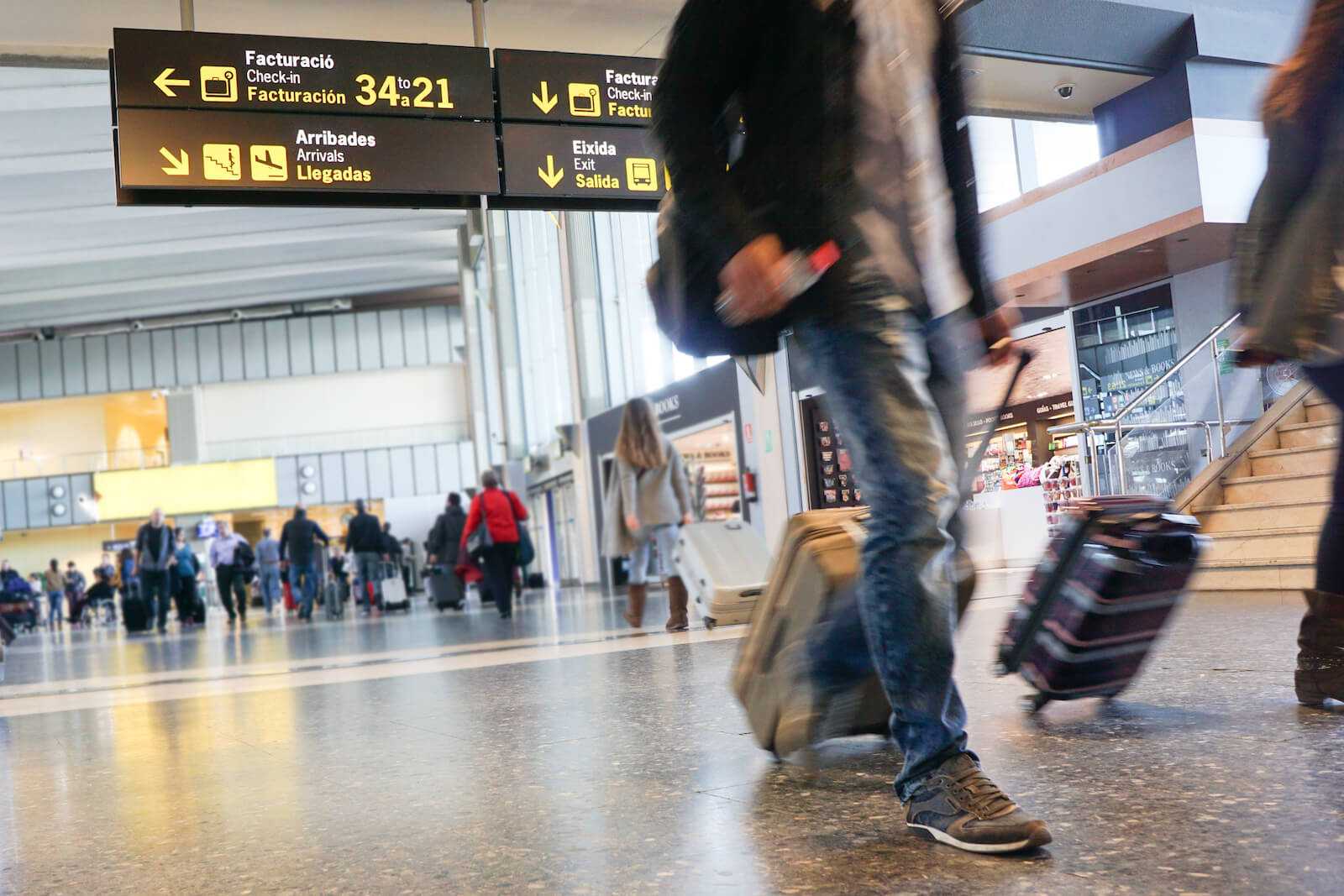If you are an EU national but you have family members who are non-EU national, they can accompany or join you in another EU country.
Your non-EU family members must carry a valid passport at all times and, depending on the country they are from, they may also have to show an entry visa at the border.
To avoid problems, contact the consulate or embassy of the country you are travelling to well in advance to find out which documents your non-EU family member will be asked to present at the border.
Visa exemptions
Your non-EU spouse, (grand) children or (grand) parents do not need to get a visa from the country they are travelling to if:
- They have a residence card as an EU family member, issued under EU rules by any EU country (except the country you are a national of), and they are travelling together with you or travelling to join you in another EU country. The residence card should clearly state that the holder is a family member of an EU national.
or
- They have a national residence permit or visa from another country in the border-free Schengen area and the country they are travelling to also belongs to that area.
| The border-free Schengen area includes: | Non-Schengen area includes: |
| Austria, Belgium, Czech Republic, Denmark, Estonia, Finland, France, Germany, Greece, Hungary, Iceland, Italy, Latvia, Liechtenstein, Lithuania, Luxembourg, Malta, Netherlands, Norway, Poland, Portugal, Slovakia, Slovenia, Spain, Sweden, Switzerland. | Bulgaria, Croatia, Cyprus, Ireland, Romania, United Kingdom. |
You can ask the authorities in an EU country to officially recognise your registered partner and extended family – siblings, cousins, aunts, uncles, and so on -as family members of an EU national. EU countries do not have to recognise them as your family members but they do at least have to consider the request.
Applying for a visa
If your non-EU family members need an entry visa, they should apply for one in advance from the consulate or embassy of the country they wish to travel to. If they will be travelling together with you, or joining you in another EU country, their application should be processed quickly and free of charge:
- Countries which are members of the border-free Schengen area should issue visas within 15 days, except in rare cases, when the authorities should provide an explanation for their decision.
- All other countries (Bulgaria, Croatia, Cyprus, Ireland, Romania, UK) should issues visas as quickly as possible.
The documents your family members need to include in their visa application may vary from country to country. Before travelling, check which these are with the consulate or embassy of the destination country which documents are required.
Visas issued by a country belonging to the border-free Schengen area are valid for all countries in that area.
Arriving at the border without an entry visa
It is always best for your non-EU family members to be well informed in advance and have all the necessary documents before starting their journey.
However, if they arrive at the border without an entry visa, the border authorities should give them the opportunity to prove by other means that they are your family members. If they manage to prove it, they should be issued with an entry visa on the spot.
Entry refusal
In very rare cases, an EU country can refuse entry to you or your family members for reasons of “public policy, public security or public health”.
If this happens, the authorities must prove that you or your family members pose a “genuine, present and sufficiently serious threat”.
You are entitled to receive this decision in writing, stating all the grounds, and specifying how you can appeal and by when.
Consulates and Embassy

